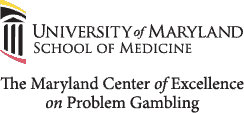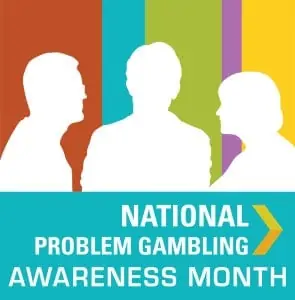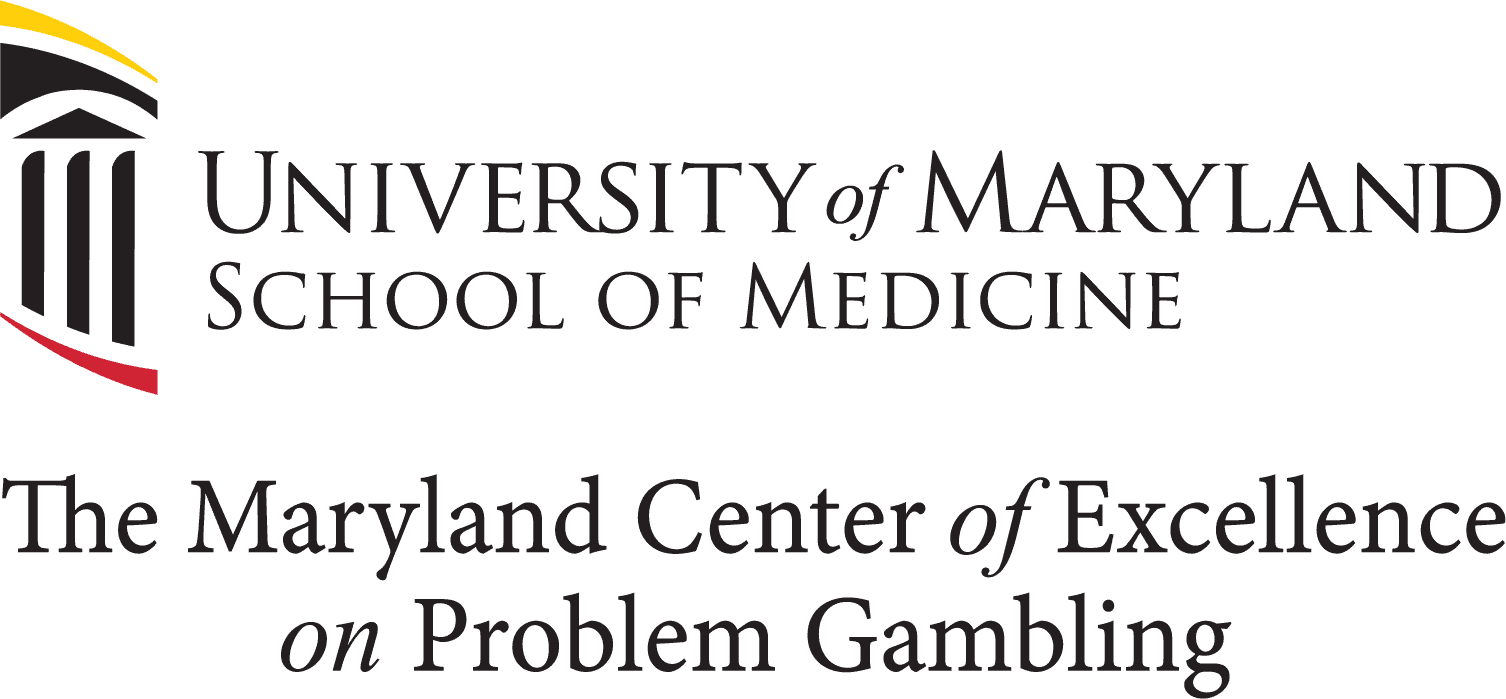Gambling is all around – learn to protect yourself, protect your family and navigate problem gambling.
Washington, February 27, 2014 – The prevalence of gambling today is woven into everyday life – from weekly poker nights, to Internet games, to bingo parlors, to Sunday football, even the phrase “I bet you…” that is commonly used in our language. Gambling is occasional and fun for most adults, but for 6 to 8 million Americans it negatively affects finances, work, and family.
Gambling is defined as any game or activity where you risk money or something of value on an outcome that is not guaranteed. Gambling is older than alcohol. Archaeologists have discovered gambling games in the ruins of the ancient pyramids and Pompeii. In the early history of the United States, public lotteries financed the building of universities, churches and hospitals. Today, gambling is legal in all states except Utah and Hawaii.
“Gambling becomes a serious problem when you can’t stop,” says Keith Whyte, Executive Director of the National Council on Problem Gambling. “A problem gambler loses control and cannot stick to limits, even when gambling is causing serious financial, family, work or other problems.”
The American Psychiatric Association (APA) now classifies gambling disorder as persistent and recurrent maladaptive gambling behavior that disrupts personal, family or vocational pursuits. Jeffrey Beck, Assistant Director for Clinical Services, Treatment & Research for the New Jersey Council on Compulsive Gambling, notes “Gambling is an addiction, but it is a treatable addiction. There are multiple resources across the country to provide support to gamblers and their families.”
Signs of a gambling problem include:
- Lying to loved ones about gambling activity
- Deterioration of work performance
- Trouble concentrating
- Missing deadlines and important responsibilities
- Worry about mounting debts and inability to pay them
National Problem Gambling Awareness Month (NPGAM) is a grassroots public awareness and outreach campaign to educate the general public and health care professionals about the warning signs of problem gambling and raise awareness about the help that is available both locally and nationally. For campaign materials and more information, please visit http://www.npgam.org.
The National Council on Problem Gambling (NCPG) is the national advocate for programs and services to assist problem gamblers and their families. NCPG was founded in 1972 and is neutral on legalized gambling. For more information, please visit http://www.ncpgambling.org.
If you or a loved one is struggling with problem gambling, hope and help is available anytime. The Maryland Center of Excellence on Problem Gambling Helpline (1-800-522-4700) is accessible 24/7 and provides hope and help to problem gamblers and their families. Calls are free and confidential.





